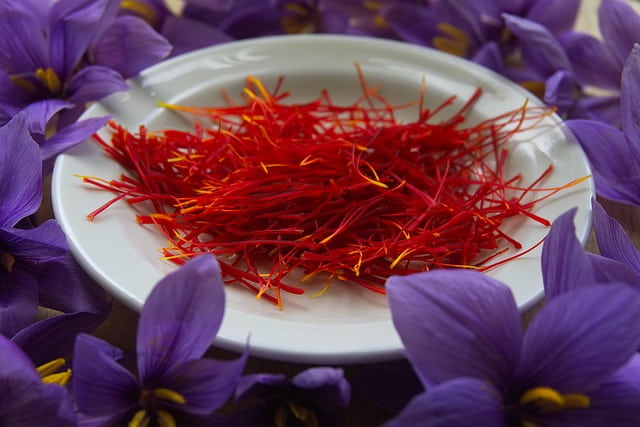A study investigating the effects of saffron in children and teens suggests its potential as an alternative herbal treatment for ADHD.
Attention-deficit/hyperactivity disorder (ADHD) is a common neurodivergent disorder often seen in childhood and adolescence.
It is a chronic disorder that results in problems such as poor concentration and impulse control. Methylphenidate, commonly known as Ritalin, is a stimulant that is commonly prescribed for patients with ADHD.
An estimated 30% of patients do not benefit from typically prescribed stimulants, either because they simply do not work for them or because of side effects.
Possible herbal treatment for ADHD
Researchers from the Tehran University of Medical Sciences in Iran recently decided to compare the safety and effects of saffron as an alternative treatment for ADHD and methylphenidate in 54 patients diagnosed with ADHD, aged 6 to 17 years, over a six-week period.
The article was published in the Journal of Child and Adolescent Psychopharmacology.
Conclusions
The results of this study found no significant differences between the scores given by both parents and teachers from both the saffron and methylphenidate groups. The frequency of adverse events was also similar between groups.
The researchers concluded that the short-term use of saffron capsules as an alternative treatment for ADHD appears to provide the same effect as methylphenidate.
However, a larger controlled study with longer durations of treatment with saffron and methylphenidate is needed to further analyze whether saffron could be used as an herbal treatment for ADHD.
References
- Baziar S, Aqamolaei A, Khadem E, et al. Crocus sativus L. versus methylphenidate in treatment of children with attention-deficit/hyperactivity disorder: A randomized, double-blind pilot study. J Child Adolesc Psychopharmacol. 2019;29(3):205-212. doi:10.1089/cap.2018.0146



